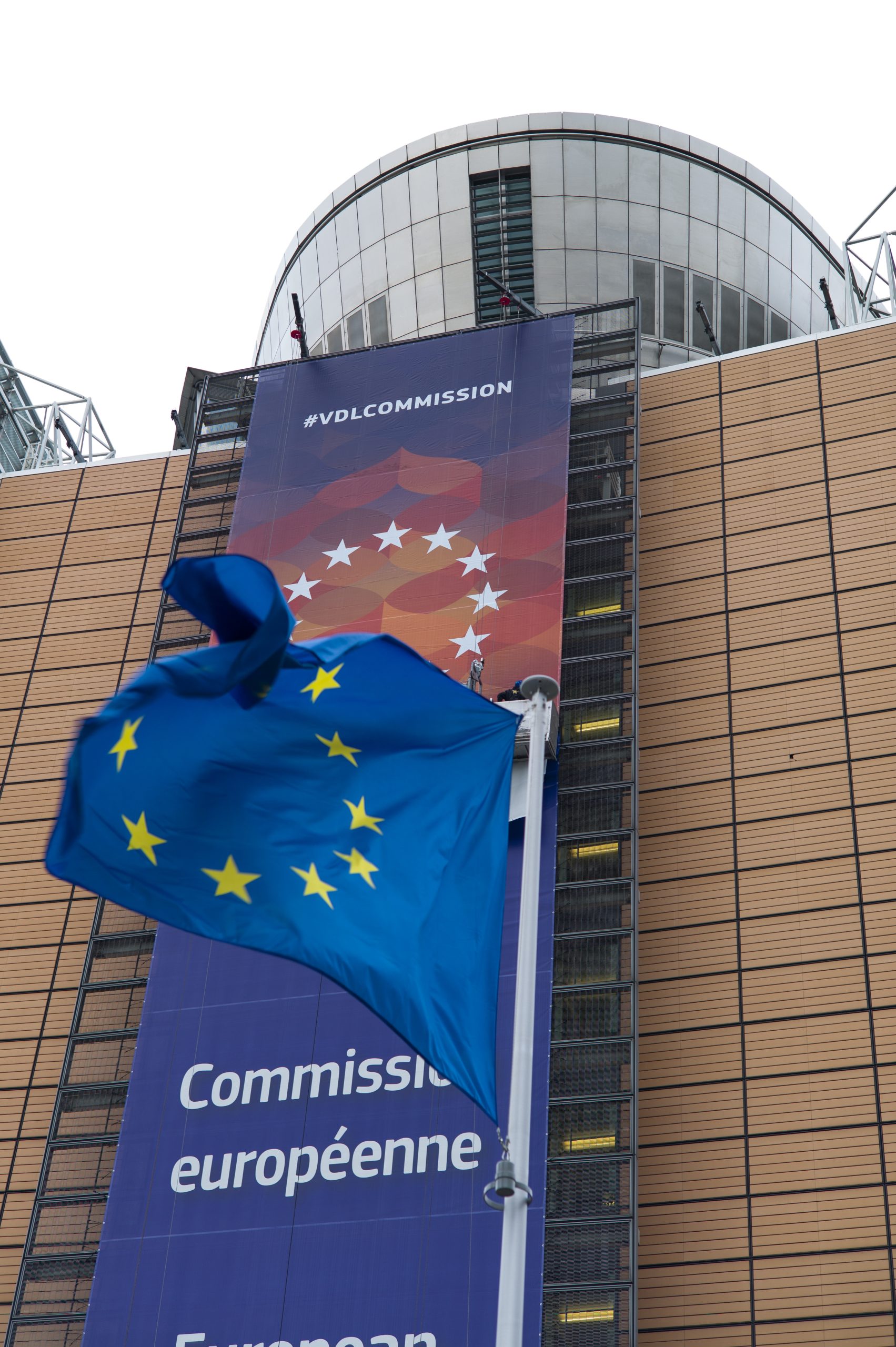The European Sustainability Reporting Standards (ESRS) will impact thousands of companies in the European Union (EU) and beyond, mandating more comprehensive disclosures of sustainability-related impacts.
The ESRS aims to standardise sustainability reporting across EU companies. As part of the broader Corporate Sustainability Reporting Directive (CSRD), these standards are designed to enhance and harmonise the quality of non-financial information disclosed by companies. The primary objectives of the ESRS are to improve the transparency and comparability of sustainability information, provide relevant data for decision-making, and support the transition to a sustainable economy.
The ESRS applies to large companies and listed entities within the EU, except for listed micro-enterprises. Small and medium-sized enterprises (SMEs) are encouraged to adopt the standards voluntarily, reflecting the EU’s commitment to widespread sustainability efforts.
The ESRS is expected to impact approximately 50,000 companies within the European Union. This includes large, medium, and small-sized companies that fall under the CSRD. Also, non-EU companies with significant EU operations or subsidiaries must comply with the ESRS if they meet certain criteria. For example, U.S. companies with large or listed SME subsidiaries in the EU, or those with branches generating over €40 million in net turnover within the EU, are required to report under the ESRS.
The ESRS will be rolled out in phases. Large companies are expected to comply first, followed by other companies over time. This phased approach allows businesses to gradually adapt to the new requirements, ensuring a smooth transition. Phased implementation also applies to non-EU companies.
Starting from 1 January 2024, large public-interest companies with over 500 employees will have reporting obligations, with their first reports due in 2025. This will extend to large companies with more than 250 employees, €40 million in turnover, or €20 million in total assets on 1 January 2025, with reports due in 2026. Finally, from 1 January 2026, listed SMEs and other undertakings will begin reporting, with reports due in 2027, although SMEs have the option to opt-out until 2028.
Reporting requirements
The ESRS covers three main areas of sustainability: environmental, social, and governance, commonly referred to as ESG. Environmental reporting includes disclosures on climate change, pollution, water and marine resources, biodiversity, and resource use and circular economy practices. Social reporting encompasses employee matters, human rights, and social capital. Governance reporting covers anti-corruption measures, board diversity, and stakeholder engagement.
The ESRS provides specific metrics and indicators for various sustainability topics. Additionally, there are sector-specific guidelines to address unique challenges faced by different industries, ensuring the reports are both relevant and comprehensive.
Double materiality
A unique feature of the ESRS is the focus on double materiality. Companies must report both on how their activities impact the environment and society (impact materiality) and how sustainability issues affect their financial performance (financial materiality). This comprehensive approach ensures a full understanding of sustainability risks and opportunities.
Assurance and auditing
To ensure the reliability of sustainability reports, the ESRS requires third-party assurance. Independent auditors will review the reports, enhancing credibility and building trust among investors and stakeholders.
Interoperability with global standards
The ESRS aligns with global sustainability reporting standards, including those from the Global Reporting Initiative (GRI) and the International Sustainability Standards Board (ISSB). This alignment helps globally operating companies streamline their reporting processes and meet international expectations.
To prepare for the ESRS, companies should familiarise themselves with the requirements, conduct a double materiality assessment, and develop robust data collection processes. Integrating reporting systems, engaging stakeholders, and obtaining third-party assurance are also crucial steps. Companies should also provide training for staff, monitor regulatory updates, and invest in technology to streamline the reporting process and ensure compliance.
Companies not prepared to comply with the ESRS risk facing regulatory penalties, reputational damage, loss of investor confidence, operational disruptions, competitive disadvantages, and supply chain issues. Therefore, early preparation is key,” states Rajesh Chhabara, managing director of CSRWorks International, a sustainability consulting and training firm in Singapore that provides advisory services to clients worldwide.
